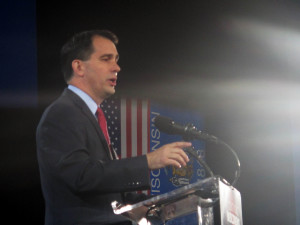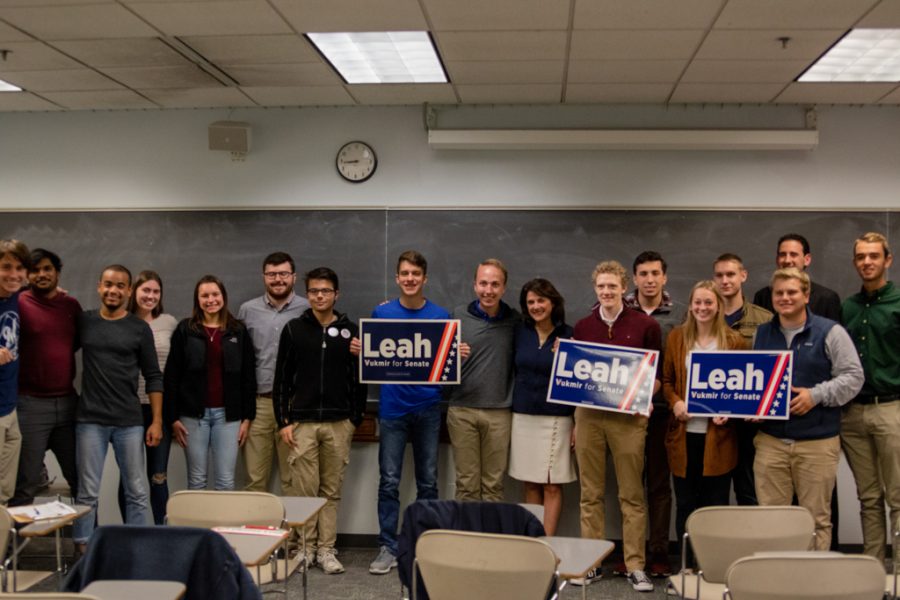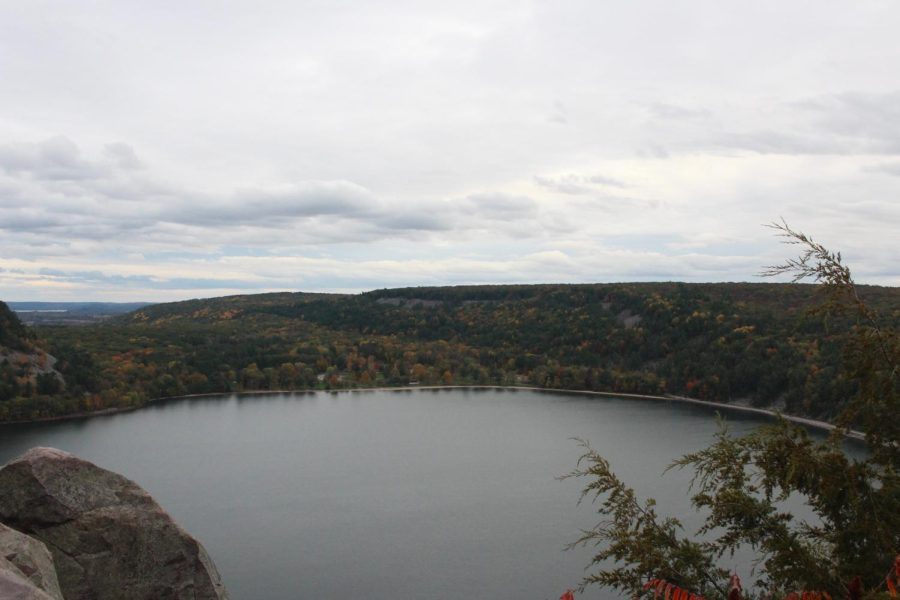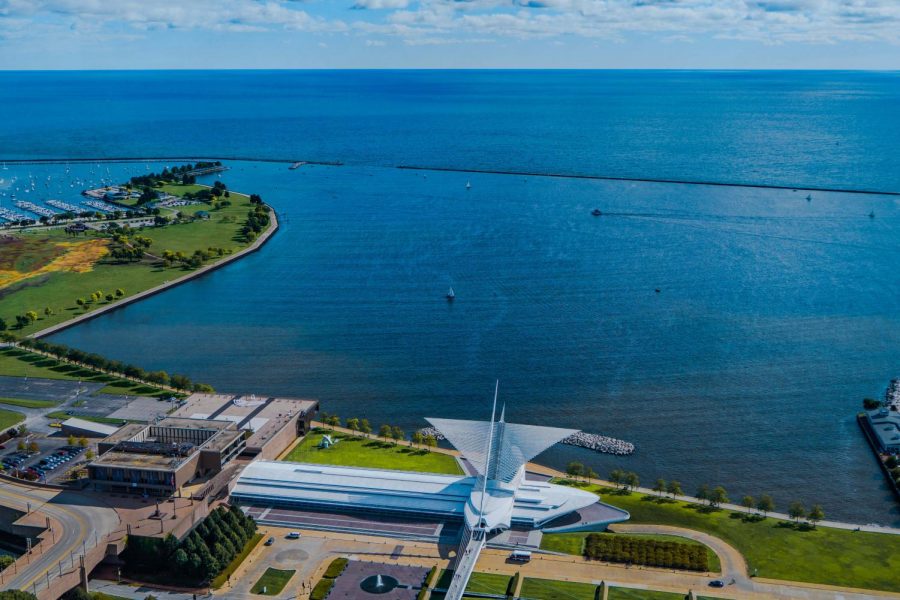
College Republicans and Democrats echoed themes from their respective state parties following a decision by Gov. Scott Walker Friday to reject the Menominee Tribe’s proposal for a new casino in Kenosha.
For the most part, Republicans expressed support for the governor, even though many GOP leaders, such as Assembly Speaker Robin Vos (R-Rochester), supported the casino development prior to Walker’s long-awaited decision. Democrats, on the other hand, criticized him for sacrificing jobs in the Kenosha area for the sake of his presidential aspirations.
“Economic options sometimes look thrilling in theory, but hold substantial risk when put into practice,” said Gabrielle Hanke, a sophomore in the College of Business Administration and a member of College Republicans. “We trust the Governor’s assessment of this project to be well-educated and in the best interest of moving Wisconsin forward.”
Nathan Craft, a senior in the College of Arts & Sciences, agreed by saying Walker made the, “right, tough decision.”
The Menominee’s proposed casino was an $808 million venture that had been in the works for more than nine years and it has been estimated to bring more than 3,000 new jobs to the area. Due to existing compacts with other Wisconsin tribes as well as recent litigation, the state also risked having to compensate for losses caused by the new casino.
Mike Huebsch, secretary of the state Department of Administration, highlighted Walker’s reasons when he said in a memo, “The potential exists for the state to lose hundreds of millions of dollars if the Potawatomi successfully challenges approval of the proposed Kenosha casino.”
Menominee chairwoman Laurie Boivin explained the frustration her tribe felt in a statement, “It is our belief that this project would have improved the lives of the nearly 9,000 members of the tribe … Instead, one tribe — the Forest County Potawatomi—and one goal of Governor Walker—the presidency—has led to a no for our people.”
Boivin was not the only person to criticize Walker, who spent the weekend at the conservative Iowa Freedom Summit, for having other motives behind his decision.
“It appears that Governor Walker’s denial of this casino is an attempt to build upon his national image in light of the 2016 presidential election,” said Seth Haines, chair of Marquette’s College Democrats. “Thus, by rejecting the casino proposal in Kenosha, Gov. Walker put his personal prerogative of a presidential bid before the interests of the state of Wisconsin.”
Mayor Tom Barrett was more concerned about the impact the casino could have had on Milwaukee than on Walker’s presidential prospects.
In an interview with CBS 58, he discussed the losses that the local government could have potentially faced with a new casino because they were not included in any of the compacts. Barrett said he was “pleased that a decision has been reached and pleased with the decision.”
The casino would have been located in the former Dairyland Greyhound Park in Kenosha. Its proposal became an issue in Milwaukee when the Potawatomi tribe, which owns the casino and hotel located south of Marquette’s campus, became a prominent opponent to the Menominee’s proposal.
Both the Potawatomi and the Ho-Chunk tribes in Wisconsin expressed concerned that their businesses would suffer greatly with the added competition of another major casino in the state.
All of the controversy fell in Walker’s lap after the U.S. Bureau of Indian Affairs approved the casino plan in August 2013. Federal law declared that the decision to approve or deny the building of the new casino was solely up to Walker.






